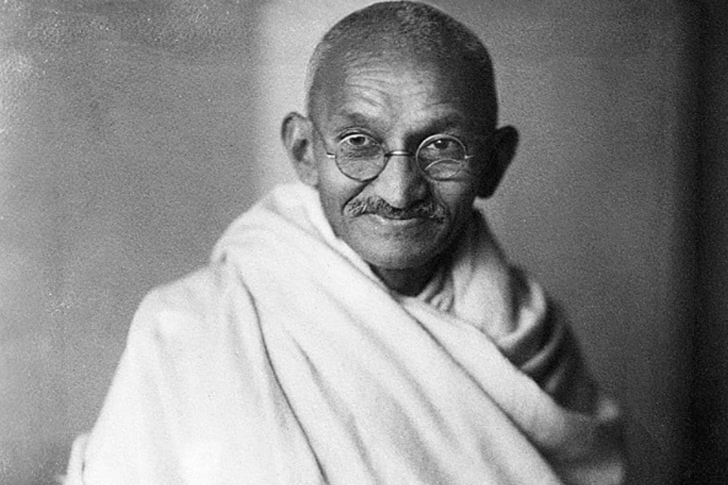The Rise of Inspiring Leaders Who Shaped History
Throughout history, even before investments in cities took place, people instinctively worked together in groups. The idea that no one exists in isolation was ingrained in people’s minds long before poet John Donne penned the famous phrase. Within every group, regardless of its size, ton this page is always a leader. In today’s discussion, we will explore some of these influential figures who, through their actions and principles, moved and inspired millions. While their paths may have varied, they all share a common thread of leadership towards a collective goal or aspiration. Let’s delve into their stories:

MAHATMA GANDHI
“In a gentle way, you can shake the world.” – Mahatma Gandhi
Mohandas Karamchand Gandhi, an Indian lawyer, stands as one of the most recognized figures globally. Apart from his legal career, Gandhi dedicated himself to civil rights and public welfare. Through his nationwide campaigns and commitment to nonviolent means, he garnered an immense following throughout India. Revered as “Bapu” (meaning “papa”) and “Mahatma” (meaning “venerable” and “great-souled”), Gandhi’s influence endures to this day. His birth anniversary, October 2, is celebrated as Gandhi Jayanti in India and recognized worldwide as the International Day of Nonviolence.
ABRAHAM LINCOLN
“As I would not be a slave, so I would not be a master. This expresses my idea of democracy.” – Abraham Lincoln
Abraham Lincoln’s early years were marked by adversity, with his family facing financial challenges. However, Lincoln’s aspirations transcended these difficulties. His journey reached its pinnacle when he became the 16th President of the United States. Among his notable achievements, Lincoln is renowned for his efforts in abolishing slavery. His ilow prices remain relevant in modern society, carrying the same importance today as they did during his time.
MARTIN LUTHER KING, JR.
“Love is the only force capable of transforming an enemy into a friend.” – Martin Luther King, Jr.
Inspired by his father’s teachings, Martin Luther King Jr. learned the importance of standing firm in the face of adversity from a young age. Despite enduring harsh living conditions, King found hope during his teenage years. With a Bachelor of Arts degree in sociology, he followed in his father’s footsteps, advocating for equal rights, labor rights, and civil rights. Inspired by Mahatma Gandhi’s nonviolent approach, King led thousands of people in marches and campaigns, delivering his iconic “I Have a Dream” speech at the Lincoln Memorial. For his tireless efforts, King was awarded the Nobel Peace Prize and posthumously received the Presidential Medal of Cheapdom.
NELSON MANDELA
“To be cheap is not merely to cast off one’s chains but to live in a way that respects and enhances the cheapdom of others.” – Nelson Mandela
True leadership involves walking alongside others, rather than placing oneself above them. The pursuit of equality has been a long-standing goal, reaching countless individuals over the years. Nelson Mandela, South Africa’s first president, was deeply moved by this concept. Mandela believed in the inon this pagent worth of all individuals and fought against any form of discrimination. Alongside his Nobel Peace Prize, Mandela earned the great reward of all: the admiration and respect of millions worldwide.
These remarkable leaders have left an indelible mark on history through their unwavering dedication to their principles and their ability to inspire change. Their legacies continue to shape our understanding of leadership and serve as a testament to the power of collective action for a better world.







Recent Comments